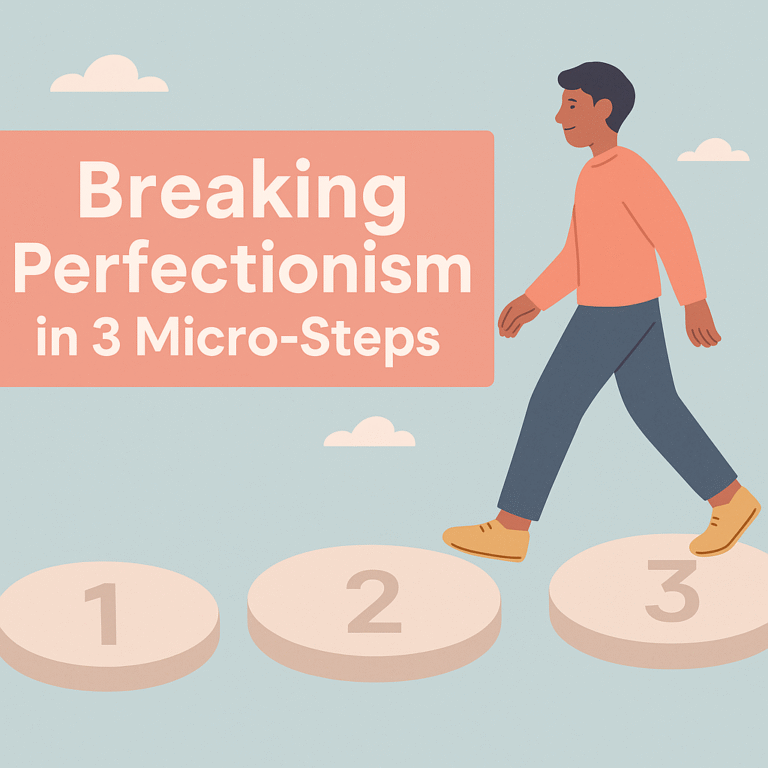Dealing With Parents Who Compare You to Others (Without Breaking Yourself)
Hello, my friend! Thank you for choosing the Read and Reflect.
Introduction
“See how well Riya studies? Why can’t you be like her?”
If lines like this echo in your head, you’re not alone. Many parents use comparison to push their kids—but it often hurts more than it helps. This guide shows you how to handle those comments with clarity and respect, without losing your self-worth.
You’ll get:
- Why parents compare (and what it’s really about)
- 9 healthy ways to respond—without shouting
- Exact reply scripts you can use
- A mini worksheet to protect your confidence
- FAQs and a quick checklist
All original, practical, and Google-friendly.
Why Do Parents Compare?
Understanding the “why” doesn’t excuse the behavior, but it makes it easier to respond wisely.
- Fear & Worry: They’re scared you’ll “fall behind” and think pressure will push you forward.
- Old Habits: They were raised this way. Comparison = motivation in their playbook.
- Lack of Tools: They don’t know how to give feedback kindly, so they copy what they saw.
- Cultural Norms: In many families, success is measured publicly—marks, jobs, marriage age—so comparing feels normal to them.
Key idea: Their comment is about their anxiety, not your value.
9 Healthy Ways to Handle It
1. Pause Before You React
Comparison comments trigger anger, shame, or sadness. Breathe. Count to 5. Respond, don’t explode.
2. Name How You Feel (To Yourself First)
“I feel hurt and pressured when they say that.” Acknowledging your emotion helps you stay calm when you speak.
3. Use “I” Statements Instead of “You Always…”
Script: “I feel discouraged when I’m compared to others. It makes me want to give up, not work harder.”
This keeps the focus on your feeling, not their fault.
4. Ask for Specific Feedback
Instead of fighting the comparison, move the talk to something useful.
Script: “What exactly do you want me to improve? Can we talk about one area at a time?”
5. Offer Another Way to Motivate You
Show them how you work best.
Script: “I try harder when you notice what I did well and then give me one clear next step.”
6. Set a Gentle Boundary
Boundaries aren’t rude; they protect relationships.
Script: “Please don’t use cousins or neighbors as examples. Let’s talk about my progress instead.”
Repeat calmly if needed. Boundaries often need practice.
7. Share Your Plan (So They Feel Safe)
Parents compare when they feel out of control. Give them a plan.
Script: “Here’s my study schedule for this week. Let’s review on Sunday.”
8. Choose the Right Time & Place
Big talks go better when everyone’s calm. Avoid midnight arguments or public scenes. Say, “Can we talk this evening after dinner?”
9. Build Your Support Circle
Friends, mentors, counselors—people who see your worth. When your confidence grows, comparisons sting less.
Conversation Scripts You Can Copy
When it happens in the moment:
“I know you want the best for me. When you compare me, I feel small. Could we talk about what I can do better instead?”
When you need to put a firm boundary:
“I’m working on my own path. Comparisons make it harder. If you want to help, please ask how you can support me.”
If they say, “We’re just telling the truth”:
“I get that honesty matters. Honest feedback helps. Comparisons don’t. Let’s stick to what I can change.”
If they keep repeating it:
“I’ve said this before: comparisons demotivate me. I won’t continue this talk if it becomes about others again.”
Mini Worksheet
1. The comment that hurt:
2. What I felt (3 words):
3. What I actually need from them:
4. Script I’ll try next time:
5. One person who reminds me of my worth:
Use it after a tough talk to reset your mind.
Protecting Your Self-Worth
- Write a Wins List: 3 things you did well each week—small counts.
- Limit Mental Replay: When the comment pops up, say “Stop” and focus on one action you control now.
- Curate Your Feed: Follow creators who talk about self-acceptance and growth, not perfection.
- Celebrate Your Style: You may learn, work, or live differently—and that’s okay.
When to Seek Help
- You constantly feel worthless or depressed.
- The comparisons include insults, threats, or public shaming.
- You’re losing sleep, appetite, or interest in things you love.
Talking to a counselor, school psychologist, or trusted adult is a smart step, not a weakness.
FAQs
Q: Isn’t comparison normal?
A: It’s common, yes—but not always healthy. You can motivate without making someone feel “less than.”
Q: What if my parents never change?
A: Focus on changing your response and boundaries. Change what you can control. Protect your peace anyway.
Q: Can I cut them off?
A: With parents, cutting off is complex. Try distance and firm boundaries first. If there’s emotional abuse, get professional advice.
Q: How do I not compare myself after they do it?
A: Notice the thought, label it (“That’s comparison again”), and switch to your own progress markers.
Explore More Lessons
- The Elephant and the Rope: A Life-Changing Story About Limiting Beliefs
- Dopamine: The Tricks Dopamine Plays on You
- Fixed vs Growth Mindset: How to Rewire Your Brain for Success and Personal Growth
Final Thought
You are not a report card, a salary number, or a trophy shelf. You’re a whole person with your own pace and path. You can respect your parents and respect yourself. Speak clearly, set boundaries, and keep growing on your own terms.
What line will you use the next time comparison shows up? Share it—your words could help someone else.
Discover more from ReadAndReflect
Subscribe to get the latest posts sent to your email.








